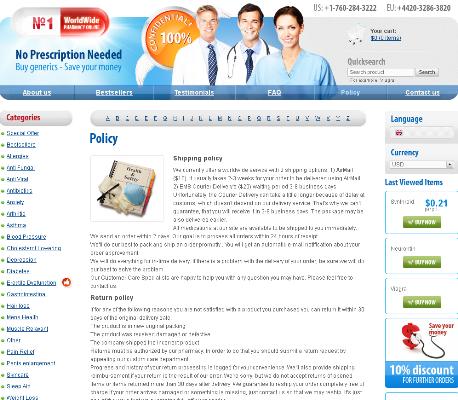Zocor Dosage: What You Need to Know
What Is Zocor and How Does It Work
Zocor, known by its generic name simvastatin, is a medication trusted by millions to help manage high cholesterol. Part of a class called statins, it works quietly in the background, targeting an enzyme in your liver that’s essential for making cholesterol. With less cholesterol produced, your blood vessels benefit from smoother, healthier blood flow, reducing the risk of heart attack and stroke.
Imagine Zocor as a helpful regulator, stepping in where your body might be making too much “bad” cholesterol (LDL). It doesn’t just lower the levels—it can also modestly increase “good” cholesterol (HDL) and help lower harmful triglycerides. This multi-pronged approach means that Zocor not only manages numbers on a lab report, but also helps safeguard your long-term heart health.
| Benefit | What It Means |
|---|---|
| Reduces LDL | Lowers bad cholesterol, decreasing artery blockages |
| Increases HDL | Promotes good cholesterol, which helps clear cholesterol from arteries |
| Lowers Triglycerides | Reduces another type of fat linked to heart disease |
Available Dosage Forms and Strengths Explained

Zocor is available primarily in tablet form, making it easy for most adults to take as part of their daily routine. The tablets come in several strengths, including 5 mg, 10 mg, 20 mg, 40 mg, and 80 mg, each designed to give healthcare providers the flexibility to tailor treatment to individual cholesterol-lowering needs. This variety ensures that dosing can be adjusted for factors such as age, the severity of high cholesterol, or how your body reacts to the medication over time.
Your journey with Zocor might start at a lower dose, which is gradually increased if needed to effectively manage cholesterol levels. These different strengths are color-coded and marked, helping patients and caregivers easily recognize the appropriate dosage. Having various options available helps minimize side effects and maximizes the benefits of treatment.
How Doctors Determine Your Zocor Dosage
When prescribing zocor, doctors carefully review your medical history and current health status. They consider factors like cholesterol levels, age, and the presence of other conditions or medications that might interact with zocor. By evaluating these aspects, your healthcare provider tailors the dosage to balance optimal cholesterol reduction with minimal side effects.
Initial zocor doses are often conservative, and the doctor may gradually adjust them based on your body’s response. Ongoing checkups and blood tests help ensure the medication remains both safe and effective for your individual needs.
Tips for Taking Zocor Safely and Effectively

Starting a new prescription can feel daunting, but establishing a routine with Zocor is essential. Always take your medication at the same time every day, preferably in the evening, since the body produces most cholesterol at night. This simple habit not only boosts Zocor’s effectiveness but also reduces the chance of missing a dose.
Remember to follow your doctor’s instructions closely—resist the urge to adjust your dose or stop Zocor without medical advice. Keep a list of all over-the-counter and prescription drugs you take, and share it with your healthcare provider; some medications can interact with Zocor, affecting its safety.
Finally, support your treatment with lifestyle changes. This means adopting a heart-healthy diet and exercising regularly. Together, these strategies can help you get the most out of your medication.
Potential Side Effects Related to Dosage
Adjusting your dose of Zocor can make a significant difference in how your body responds to the medication. While many people tolerate Zocor well, taking a higher dose can sometimes increase the risk of side effects. Muscle pain and weakness are among the most commonly reported issues, and severe muscle breakdown (rhabdomyolysis) is a rare but serious risk, especially with higher strengths or when combined with certain other medications. Liver function changes can also occur, so regular monitoring is important.
Understanding how dosage impacts your experience with Zocor helps you work closely with your healthcare provider to minimize risks. Some people also notice mild headaches, digestive upset, or increased blood sugar levels. If you experience unusual fatigue, dark urine, or muscle tenderness, it’s vital to notify your doctor promptly.
| Side Effect | More Common with Higher Dose? |
|---|---|
| Muscle pain | Yes |
| Liver enzyme changes | Yes |
| Digestive upset | No |
What to Do If You Miss a Dose
It’s easy to get caught up in a busy day and realize you forgot your Zocor dose. If this happens and it’s only been a few hours, take the missed dose as soon as you remember. However, if your next scheduled dose is approaching, it’s safer to skip the missed one—doubling up increases the risk of side effects without providing extra benefit. Zocor works best when taken consistently, so creating a routine or using reminders can help you stay on track.
Never take two doses at once to catch up. If you often forget, consider talking to your healthcare provider; they may suggest strategies or adjustments that fit your lifestyle. Keeping regular with your medication is key to effectively managing your cholesterol and protecting your heart health over time.
<

